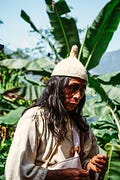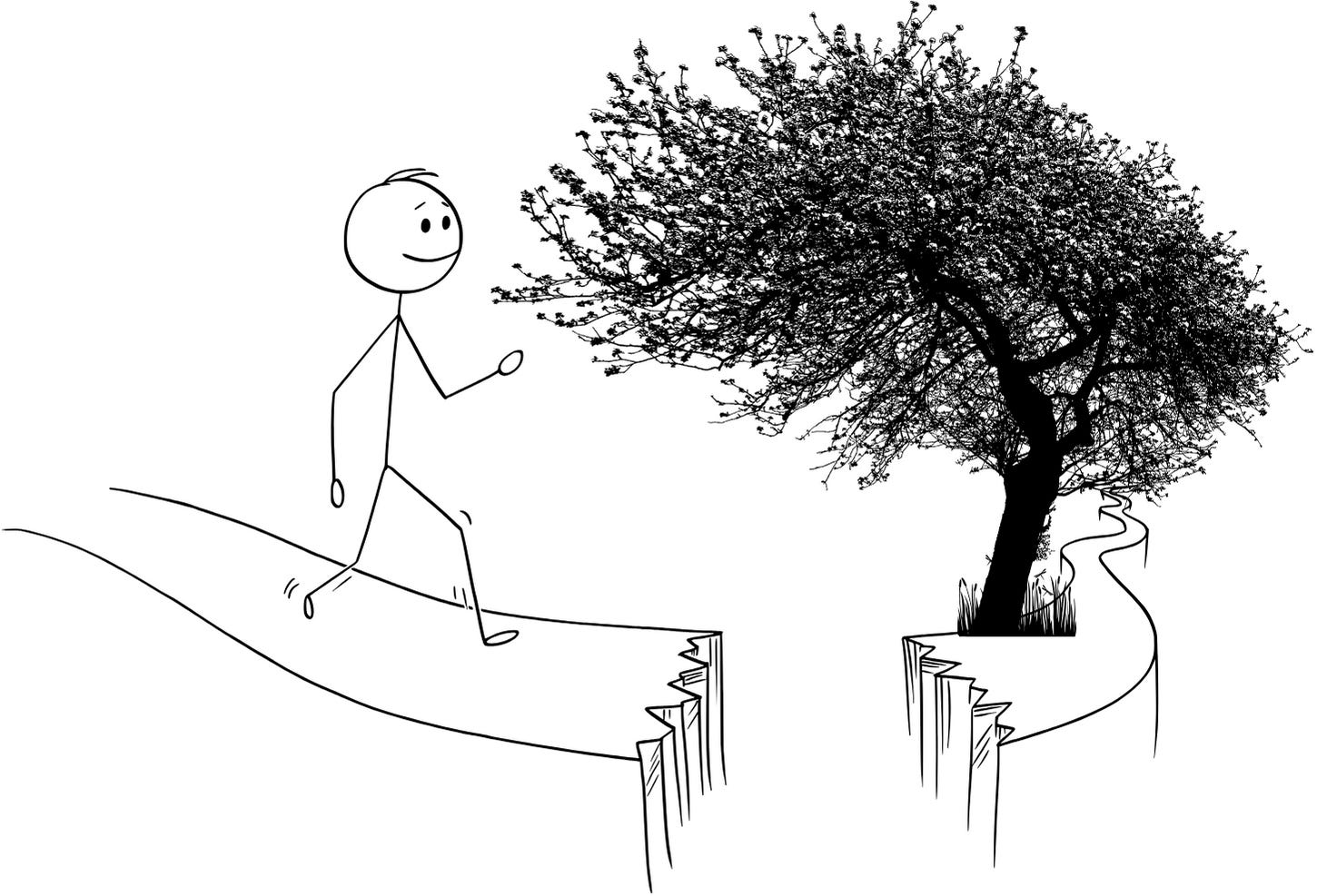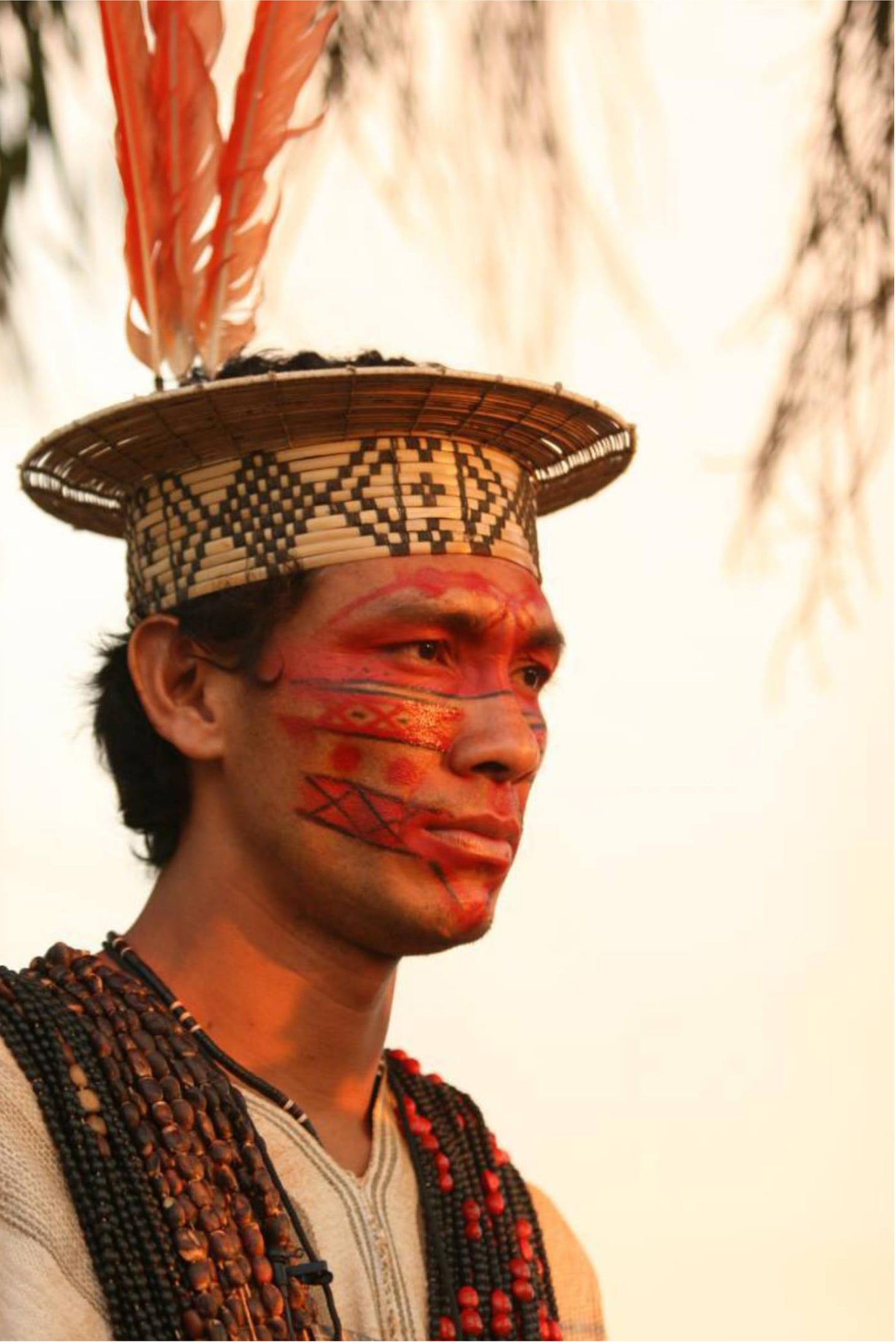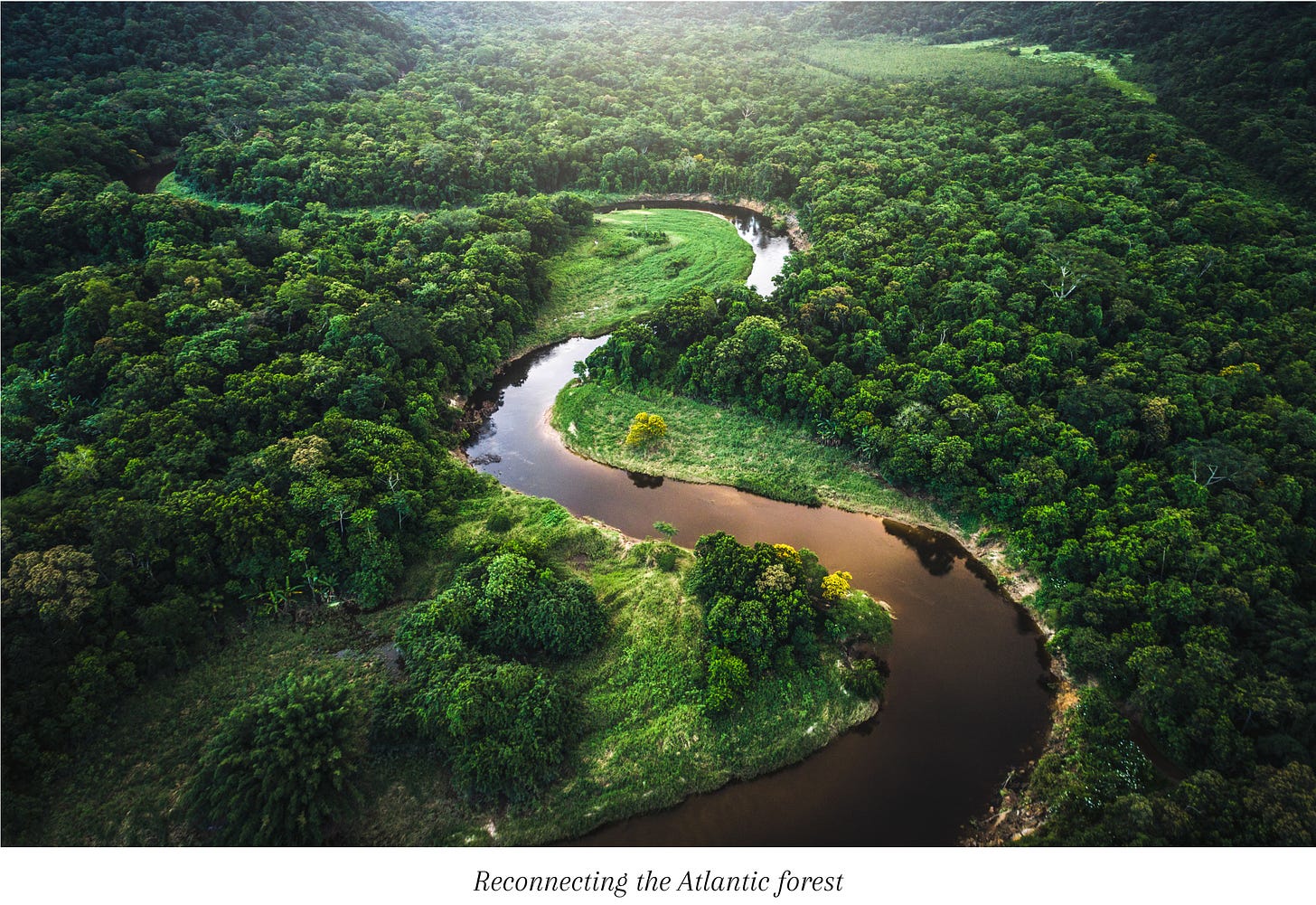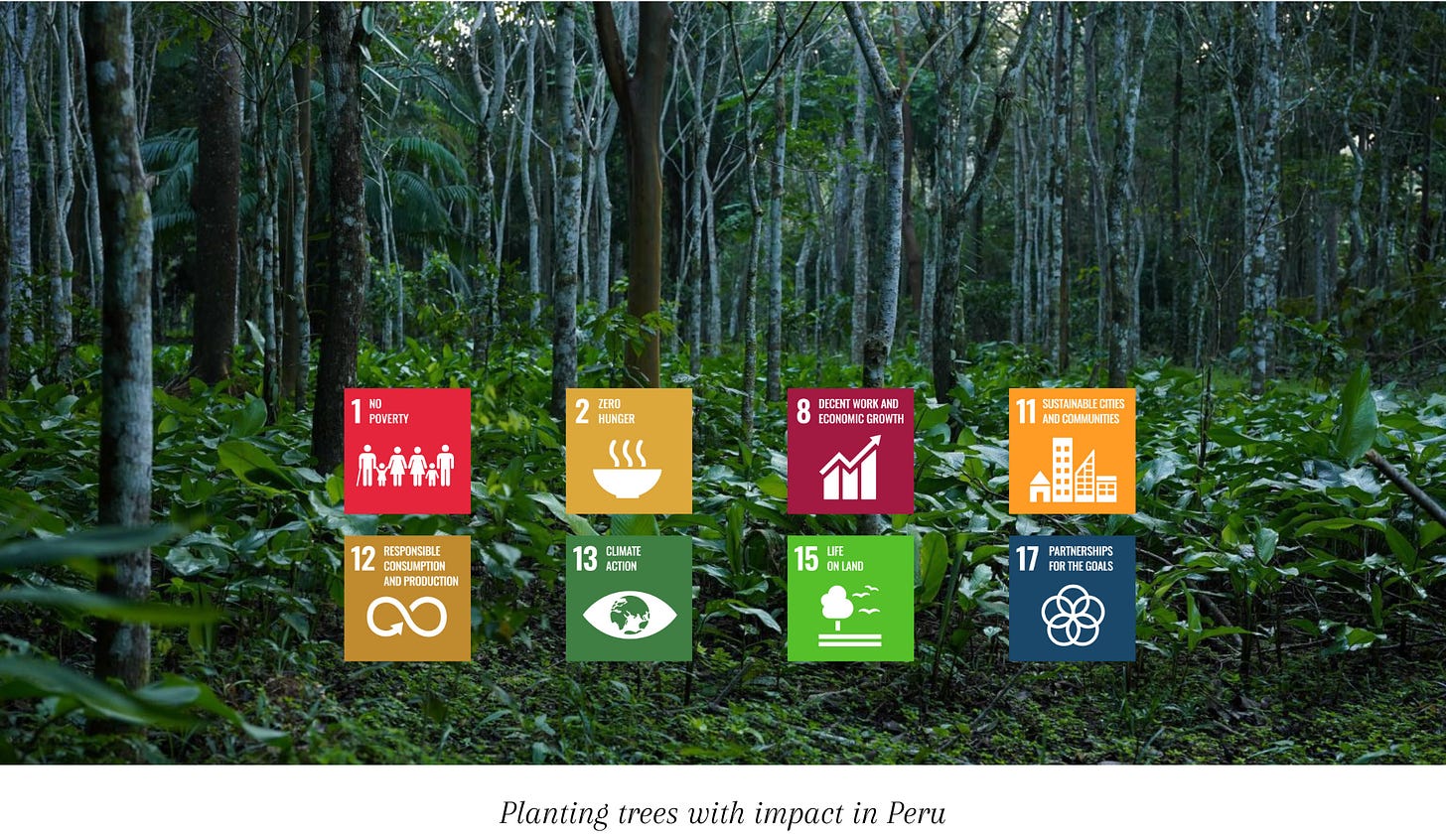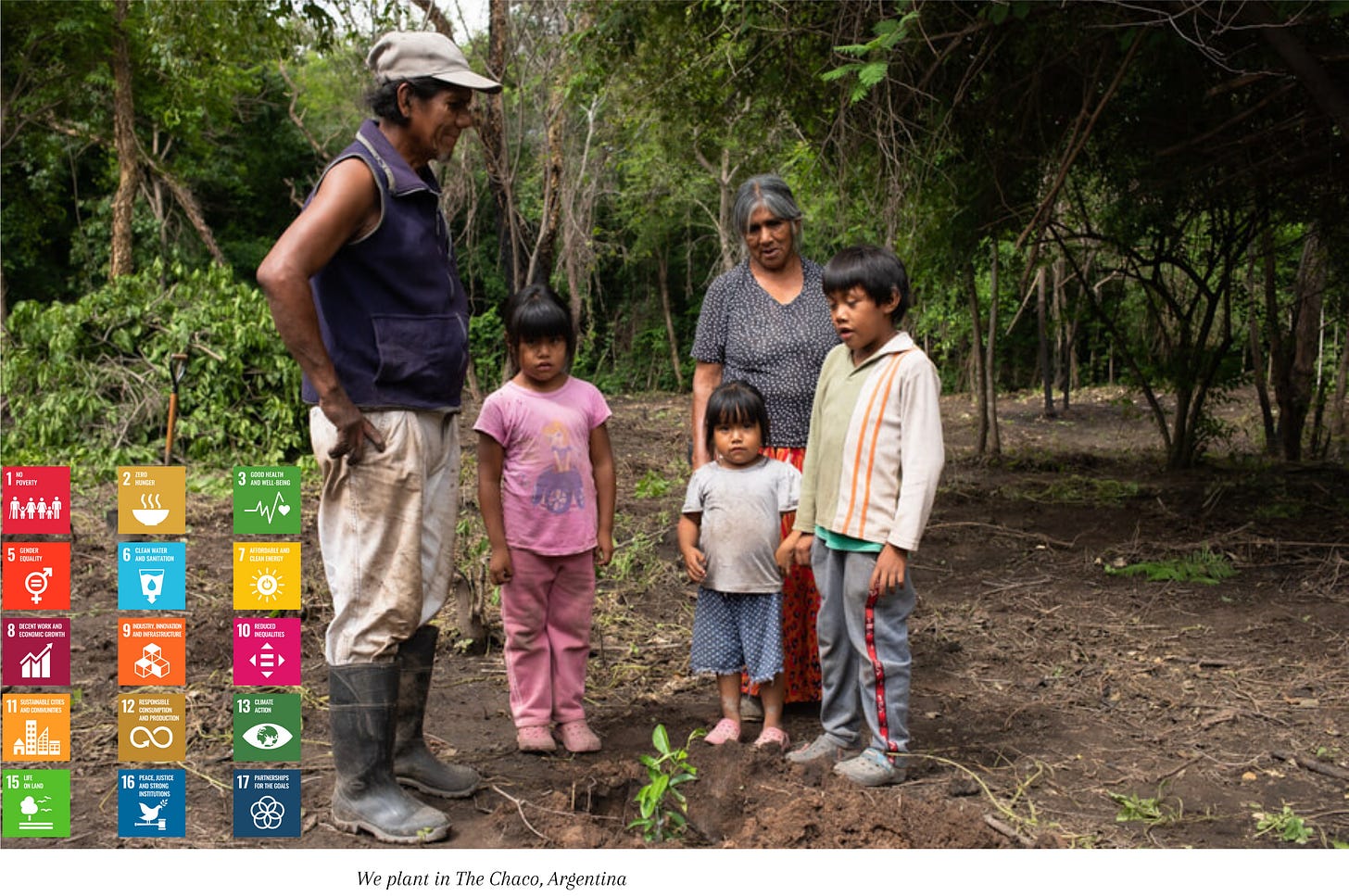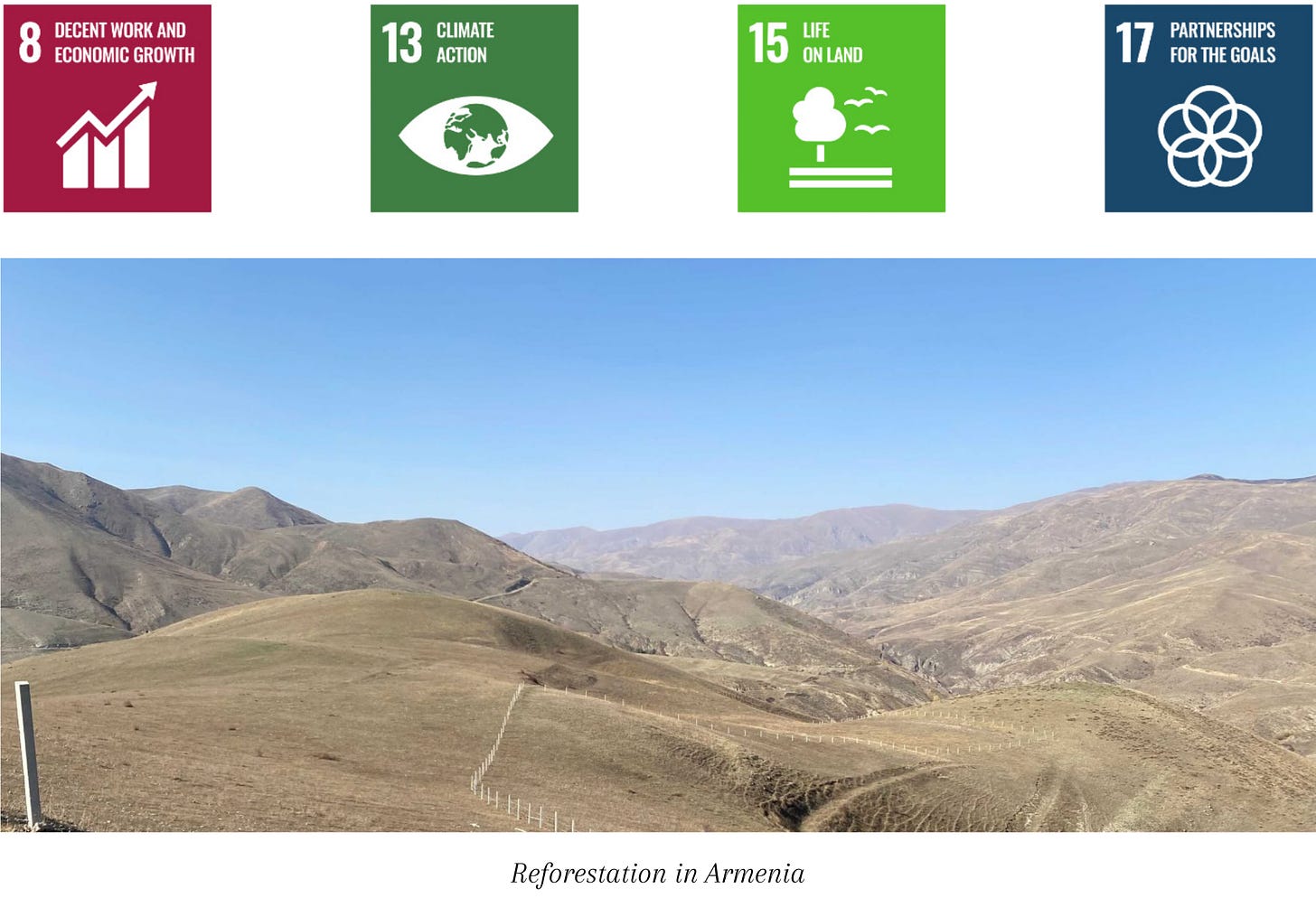Lifelines
Each day, lifelines are cut—in one century, half of the world's rainforest the size of Europe—as they bleed, so does everything else. It stands to reason that most of humanity no longer knows who they are, where they stem from: why else would one destroy its beautiful home, chance for a full and harmonious life?
For thousands of years indigenous groups have lived to understand, respect the laws of nature; say, the "Waorani tribe" of the Amazon—first discovered by American missionaries in the 1950s—thereafter "promising technologies" to feed one "rich society and kill another". Civilisation as we know it, has a sinister side—one that can be rectified when we learn to value what is out there, reconnect with what was "a wealthy Europe full of complex and fascinating ecosystems". In the process, those afflicted by an ill-defined yearning may find salvation—until then, harmony awaits once we renounce superiority over Mother Earth, thrive together. "Feral", a book by George Monbiot emphasises our urge for the wild—whom he could not silence after encountering the almost extinct "Yanomami people". As forest pressures persist, Earth's last isolated tribes have nowhere to go; a rare population with vast knowledge—to serve a planet we share yet fail to comprehend: will we give back what they treasured for life?
Guardians of the forest
Their prayers only ask we cease destruction, show respect for "what has been invisible to us". When you come close enough to its cries, there is no turning back. Guardians of the forest are raising their voice, so we can wake up one day, feel life's spirit fading as we lose our own—alias, a "low-energy democracy" dependent on crisis in order to change.
"the greatest obstacle to transforming the world is that we lack the clarity and imagination to conceive that it could be different"
Brazilian philosopher Robert Mangabeira Unger stresses, "the greatest obstacle to transforming the world is that we lack the clarity and imagination to conceive that it could be different"—thus, aboriginal leaders travel far and wide to bring us that illumination, opening the mind to confront the new. In addition, they are up against illegal forces: miners, loggers that waste no time in exploiting the little protection they have. Some are becoming essential players in the survival of the Amazon: Benki Piyãko, leader of the "Ashaninka tribe" in the Amazon is one of them—from a young age, fighting to protect the largest rainforest in the world, roughly 6m square kilometres per NASA Earth Observatory. Today his efforts reach to animal conservation; planting of 2m trees, restoring lost traditional heritage, a healing centre and much more—other voices are following: Papuan chief Mundiya Kepanga, Tumursukh Jal.
Sleep no more
People in Western civilisation are rising to head their calling: climate activists, scientists, ecopreneurs in the vanguard, no longer in denial of the present. While global efforts remain paralysed, ordinary heroes wage an unfair war against climate change—"risk over safety", "systems over objects"—their breath sympathising with uncertainty, more connected than ever. Self-doubt plays a dangerous game—it bars many from transformation, a more fulfilling life; that is, unless we inspire each other.
Sarah Parent, founder of "Go Forest", stood up one day. During our last interview she mentioned, "it is until I started Go Forest, met with a Peruvian biologist in Brussels, I began to see trees as systems to social inequality." The impact proved endless and so various partnerships, projects were identified to empower balance amid humans & nature—if not, accepting a widening gap towards invisible ruin, or "social consensus of not wanting to know". Research suggests Madagascar's famine, the world's fifth poorest country, was first attributed to climate change. Its drought engulfs the country, pushing people into migration, extreme vulnerability—violence is at its highest, especially against women needing to fetch water. Reviving Europe's nature matters, however, we mustn't overlook third world countries—after all, they suffer most of our wealth's consequences—not to mention the effect of past colonialism, "which still holds firm today in the post-colonial era".
That being said, "We plant trees in Madagascar"—the gratitude is beyond words once Sarah sets foot, is welcomed like a queen by the families she greets. Hillsides stripped bare as far the eye can see, works begin. Today 10% of primary forest remains intact—this can be undone by education, job creation, mass reforestation. With "Bôndy", a partner on site, Go Forest initiates the funding of two essential components: agroforestry and mangrove planting. Across four areas: Andramasina, Akamasoa, Tamatave & Majunga, communities are offered a chance to start anew, make their learnings known for a brighter future of the land. Evidence suggests agroforestry may well be the solution to landscape restoration, food & income security.
Before you make your call, gain visual insight in the wonders of this project—an authentic display of surroundings, energy that revives our earth by all means. Below, locals enrich a moist field with mangrove plants—it is teeming with life, full of tiny crabs. In five months, these fast-growing plants will reclaim their ground. The UN Sustainable Development Goals (SDGs) speak for itself. Any support given to Madagascar will set in motion incredible change. Have a look from above with satellite footage and picture yourself get involved one day. These bridges "Go Forest" is laying, allow us to close a gap, reunite one thriving planet.
Wide awake, Sarah continues & joins forces with "Changamoto Youth Development Organisation": a Tanzanian community poised to restore the "Magamba Nature Forest Reserve" (host to magnificent biodiversity, critical resources that sustain its environment). "Nkundei villagers" get their hands dirty as they shape burned areas to former glory. Featuring twenty-one villages reliant, Go Forest wishes to secure and foster 1,250,000 trees, ecotourism and water supply. Needless to say, Tanzania's forests span more than just trees—they signify life. Dive into satellite footage and picture yourself get involved. With more protection versus illegal logging by Global Environment Facility (GEF) and the UNDP, expansive recovery can begin.
Central Africa is brought to the equation—lush rainforests among Earth's primary wilderness, not to mention a "safe haven" for ~75 million natives. "We love to plant in Congo", Sarah enthuses—partner "Faja Lobi" at the ready to unite forces on climate change and social inequality. According a 2020 report, lack of clean cooking technologies (limited to 3.7% of people) are blackening DRC's skies, outlook with destructive resources; moreover, "slash and burn agriculture" do their part also, erasing half a million acres of primary forest a year.
In such ballooning crises, a hand must be extended—hence, 1400 local employees are deployed to reforest degraded pastures. A precedent for Agroforestry and possibly a sustainable economy in time. Have a look for yourself, and decide if the urgency feels right—its significance certainly matches that of Madagascar.
Will it follow extinction or a renaissance? Lack of concern must be monitored; such as the case of Haiti, estimated to wipe all its primary forest by 2035 (presently, less than 1% stands). Earth's loss understandable when one fathoms agricultural sites cover a whopping 40% of its surface—the more extended the closer systemic collapse: so do we meet the challenge, produce more food with less farming? It showcases low public opinion and false propaganda; like ranches selling carbon credits to Microsoft for a new and "promising type of grazing". Behold Alvaro Umaña who thought otherwise and turned Costa Rica's ravaged land to health. It is until his reign, the country's forests were brutally reduced to 24.4%—today one of the highest protected areas in the world, reporting a ~57% forest cover: in sum, can we do the same for the Atlantic forest?
Sarah agrees as she shakes hands with Arne Quinze, pins down "Retopia". A crucial alliance set to fix world’s most important ecosystem (next to the Amazon). This magical place can thrive, choose a different fate than "one of the most deforested biotopes in Brazil". Discover, become the ambitious solution of 8.18 million hectares: a bright forest cover of ~34%.
Westward, Go Forest stumbles upon "Camino Verde": a vibrant force committed to revive the Peruvian Amazon—its areas soon mapped by satellite, attracting foreign investment.
Farmers, institutions, visitors come see efforts bloom: 400 unique species across two nurseries, serving their part in reforestation, agroforestry—ninety acres back on their feet and by extension families' livelihood. "Planting trees in Peru" is a stronghold that benefits all (with 8 SDGs in counting yet another proof of transformative impact). This culmination is waiting to be broken: so, have you made up your mind already?
Down South "The Chaco" arises, a lavish paradise of 1.1 million square kilometres—its veins through Argentina, Bolivia, Paraguay & Brazil. However, beauty won't last if "beef and soy hold sway". The past 20 years, ~25% of the "Gran Chaco" was cleared in favor of agriculture—global demand will just put this in gear, besides climate disasters. Satellite data from the Global Forest Watch (GFW) is demonstrating all kinds of fires associated with deforestation. Drought now threatens one of the densest regions areas in all of Argentina—along the future of an indigenous nation. Ever since the "Chaco provinces" overruled the "Forest Act of 2007", half-a-million acres were swept. Unlike these "harmless traders", focus should be redirected to "regenerative food systems"; a shift toward sustainable agricultural production.
"80% of the revenue from tree plantings goes directly to locals", Sarah emphasises, "that's six communities we can help navigate in this challenging century they're in."
Two radiant companies come together to plant a new future: Go Forest & "Alianza Wichi". By far the prime model that reconnects earth and humans. In unison, they reach for the skies, topping world's fifteen SDGs. Get a grip on this spectacular project and start acting now.
South of the great mountain range of Caucasus lies landlocked country Armenia— considered among the most vulnerable countries in between Europe and Asia to climate change. Since its independence from the USSR, they flourished as an "industrious nation". However, tides are turning as lost forests (88.5% in 2020) take their toll: droughts, flooding, landslides and wildfire. According a 2021 report by The World Bank major implications on human health, livelihoods and ecosystems are on their way; that is, if "green policies", collective action were only induced. On April 2021, the Republic of Armenia accords an NDC, increase of forest cover to 12.9% by 2030—external aid will be required to bypass this chaos. Whilst media diffuses the urgency, Go Forest partners with "My Forest Armenia" and gets to work. Reforestation in Armenia is happening, "a fight against desertification and social inequality".
One talks about pristine nature far from home—endless dreaming of an escape someplace else. Yet at their doorstep, a ride away nature's neglected. Perhaps it tells us something more; one's way of life, perspective, disconnect with beauty that still surrounds... Why else would we allow corporations, policy makers, our consumption take away a lifetime longing?
Europe used to be much wilder, yet wonders like primary forests remain—according the "Geography Department of Humboldt-Universität zu Berlin", an area the size of 1.4 million hectares (spread over 34 countries). However, left fragmented, unprotected their existence might fade too: Romania and Slovakia in particular, logging ancient forests for bioenergy demand. Albeit significant progress since 1990 (+9% in forest area); today's condition, supervision, expansion of forests require attention. Once again, Go Forest shows its devotion by joining forces with "Sylva Nova". Ultimately, a greener Europe may open hearts, regain respect for Mother Earth so few of us recall—you can become an example to the world.
Equilibrium
Amid all the chaos, there can be peace—taking a step back from "Western individualism", the "busyness" by which people imprison themselves can go a long way. The world is full of solutions; yet many choose to isolate from them. Listen to what indigenous leaders, changemakers have to say, and open to endless possibilities. Thus, sleep no more, for great things can be manifested together, unlike invisible ruin.
It was such a thrill to write this story for Go Forest, an audience like you. May it captivate, linger so that you become "leaders for a greener world".


